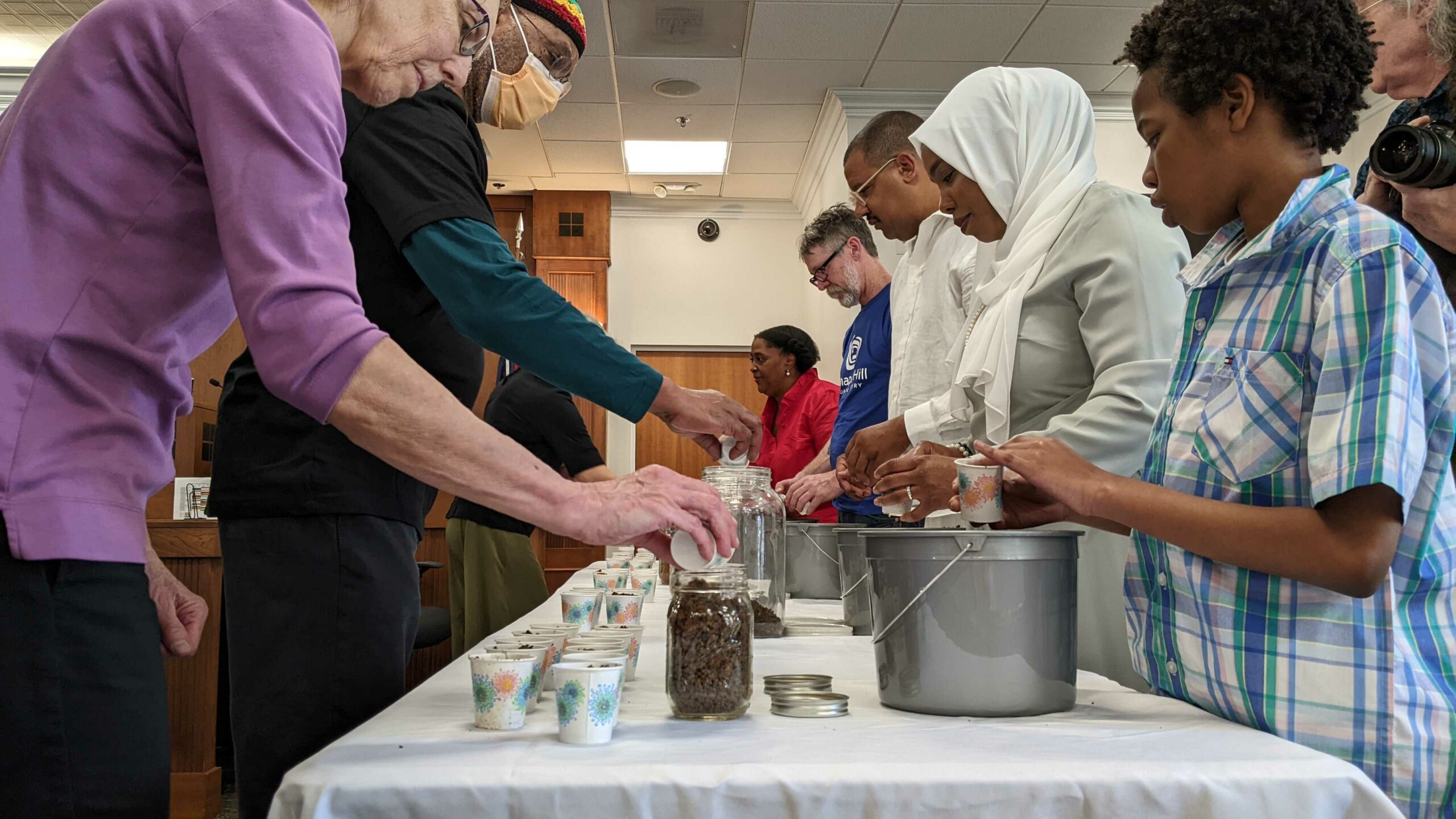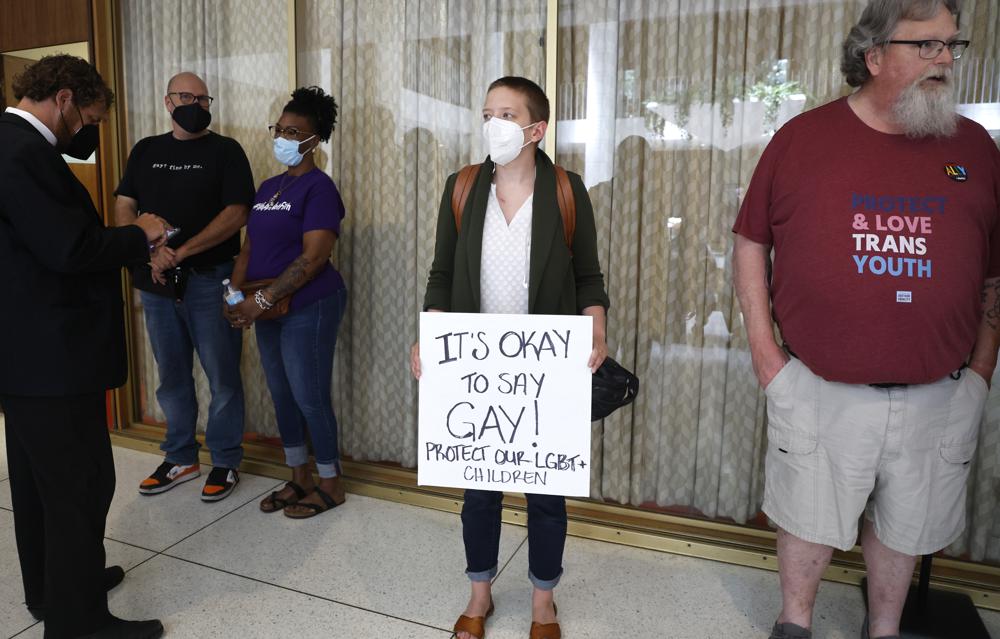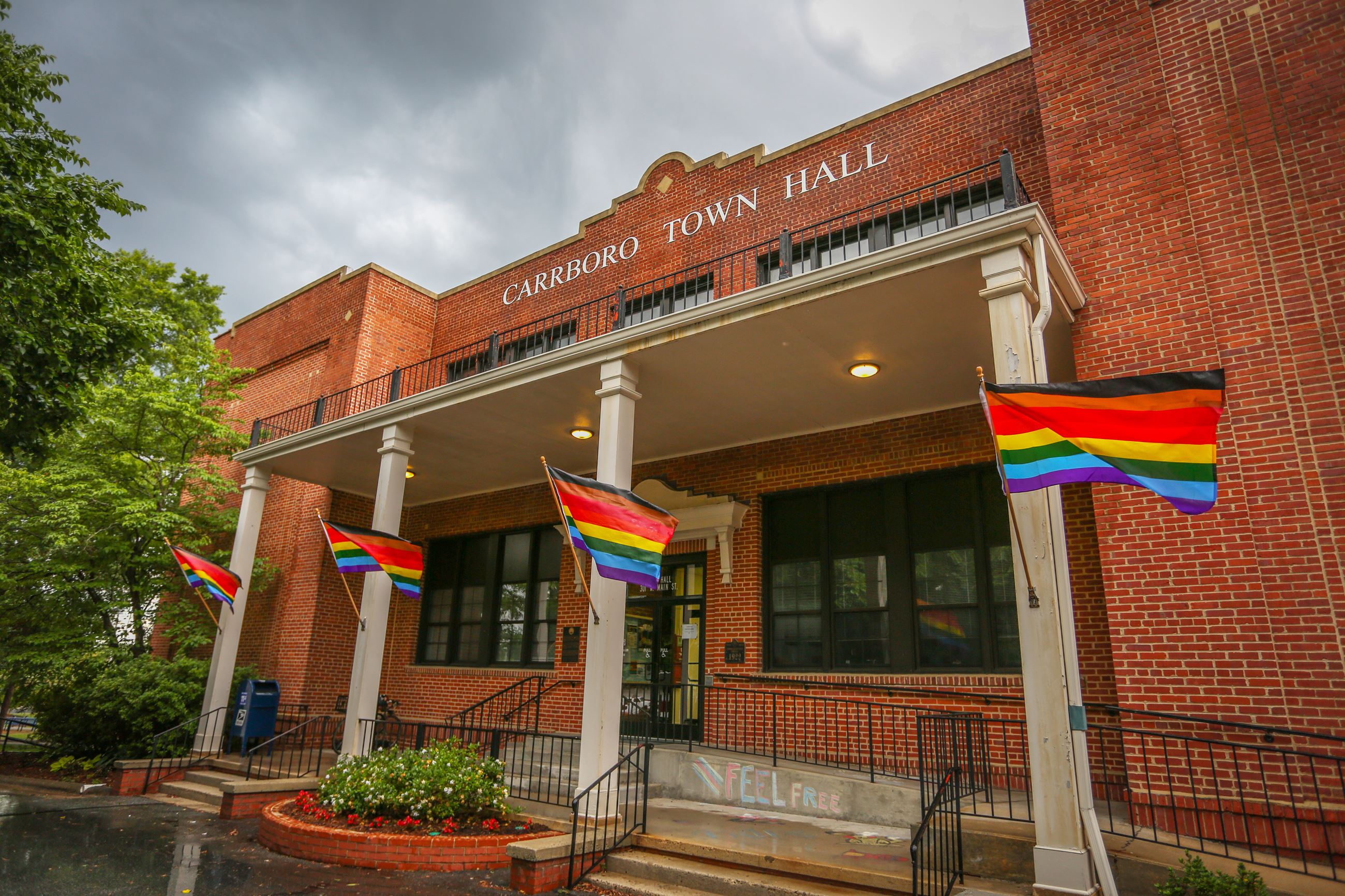The Town of Hillsborough is evaluating how to enforce violations of its nondiscrimination ordinance after having passed new LGBTQ protections earlier this year.
On January 11, Hillsborough was the first in the state to pass an ordinance protecting its LGBTQ residents from discrimination. The towns of Chapel Hill and Carrboro, as well as Orange County, followed suit just days later passing their own protections.
Since then, the question of how to enforce these nondiscrimination ordinances, or NDOs, has been an ongoing discussion for local governments. Now, the Hillsborough Board of Commissioners is looking at next steps.
The ordinance unanimously passed by the Hillsborough Board of Commissioners prohibits discrimination based on sex, sexual orientation, and gender identity or expression in places of public accommodation – such as hotels and restaurants – and employment.
Currently, any discriminatory complaints would be routed to the town attorney for processing and/or guidance. Any person or business found guilty of violating the ordinance would be charged with a Class 3 misdemeanor and fined $500 each day they are not in-compliance. Since the ordinance went into effect in January, Hillsborough Mayor Jenn Weaver said town staff haven’t received any complaints, however they are reassessing how such offenses should be punishable.
“Equality NC asked that we make it non-criminal,” Weaver said. “And so that we make it a civil fine, simple complaint, rather than a criminal one. In this era of trying to get fewer people caught up in the legal system, here’s an opportunity to be true to that.”
Current penalties also apply to discrimination against people based on race, color, ancestry, marital status, pregnancy, veteran status, religious belief, age, or disability.
Hillsborough, alongside other Orange County municipalities, passed its NDO after a key provision of House Bill 142 expired, restoring the authority of local governments in North Carolina to adopt ordinances protecting LGBTQ residents from discrimination. House Bill 142 was the North Carolina legislation that replaced the anti-LGBTQ House Bill 2 in 2017.
While the town does have penalties listed for violating its ordinance, it does not have an existing department or system to manage enforcement. At the Hillsborough Board of Commissioners’ latest meeting, Weaver said a process of enforcement must be developed.
“Our town attorney has had some preliminary conversations with the county attorney about possibly partnering with the county to process these [violations] through the Human Relations Commission, which is what many other local governments are doing,” the mayor said. “But of course, Hillsborough does not have our own Human Relations Commission.”
While conversations are ongoing, Weaver said staff are “feeling positive” about a county partnership – especially as more North Carolina cities follow in the town’s footsteps. Hillsborough is just one of 13 North Carolina local governments that have passed a NDO since the beginning of the year.
“The recent adoptions by Wake County, and I believe the City of Raleigh, means that over a third of North Carolinians are now covered by these NDOs,” Weaver said. “And that’s pretty powerful. It’d be great to have a statewide one, but step-by-step at the local level is certainly better than not [having one].”
Chapelboro.com does not charge subscription fees. You can support local journalism and our mission to serve the community. Contribute today – every single dollar matters.










